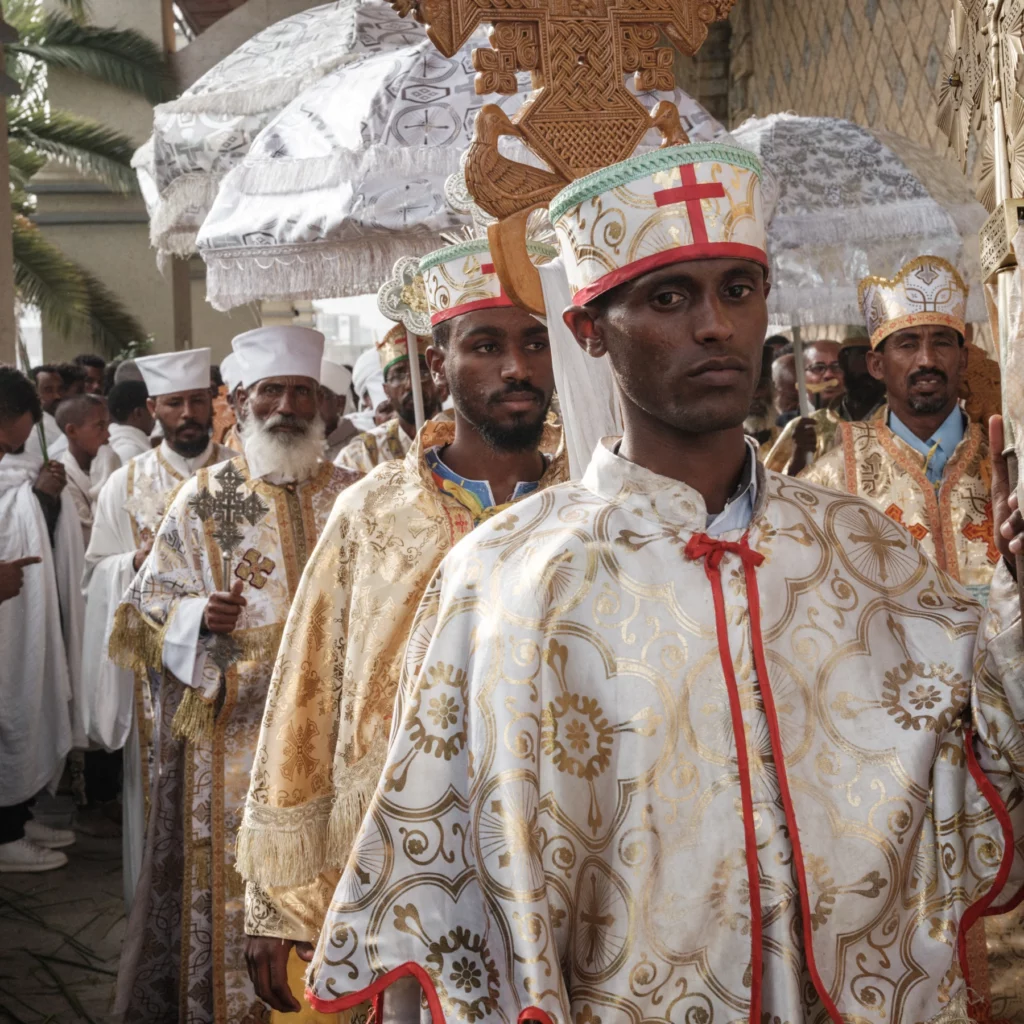
The Ethiopian Orthodox Church’s Holy Synod has issued an apology to the people of Tigray for their involvement in the devastating war that ravaged the region. This apology comes after widespread criticism of the church for its silence and perceived lack of condemnation during the conflict, which resulted in the loss of hundreds of thousands of lives. The church’s failure to ensure the safety of church leaders and followers during the war has also been a point of contention.
In a statement released on Thursday, the Holy Synod expressed deep regret for its shortcomings and acknowledged the pain and suffering endured by the people of Tigray. The church recognized that it had not done enough to protect its members and promised to actively seek reconciliation with Orthodox leaders in the region.

The apology also addressed the delayed delivery of humanitarian assistance after the war concluded in late 2022. The Holy Synod acknowledged the shortcomings in providing timely aid and expressed remorse for the hardships faced by the people of Tigray as a result.
However, not everyone is satisfied with the church’s apology. A bishop from Tigray criticized it, stating that it does not fully acknowledge the magnitude of the injustices committed during the war. According to the bishop, the apology falls short of addressing the specific atrocities and fails to provide a comprehensive account of the church’s actions.
Despite the criticisms, the Ethiopian Orthodox Church reaffirmed its recognition of His Holiness Abune Matthias as the patriarch and denied any plans to appoint another patriarch. The church intends to move forward with a renewed commitment to healing and reconciliation within its ranks and with the people of Tigray.
This apology marks a significant step towards acknowledging the pain and suffering caused by the war in Tigray. It is hoped that this gesture of remorse will contribute to the healing process and foster dialogue and understanding between the church and the affected communities. The road to reconciliation will undoubtedly be long and challenging, but the church’s willingness to take responsibility for its actions is a crucial first step in the right direction.
